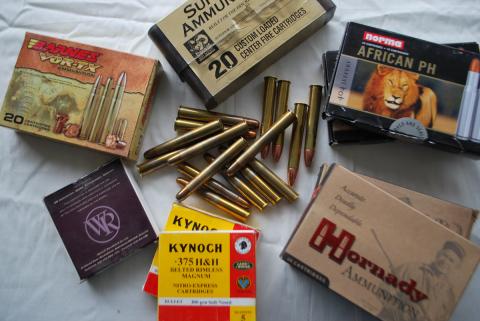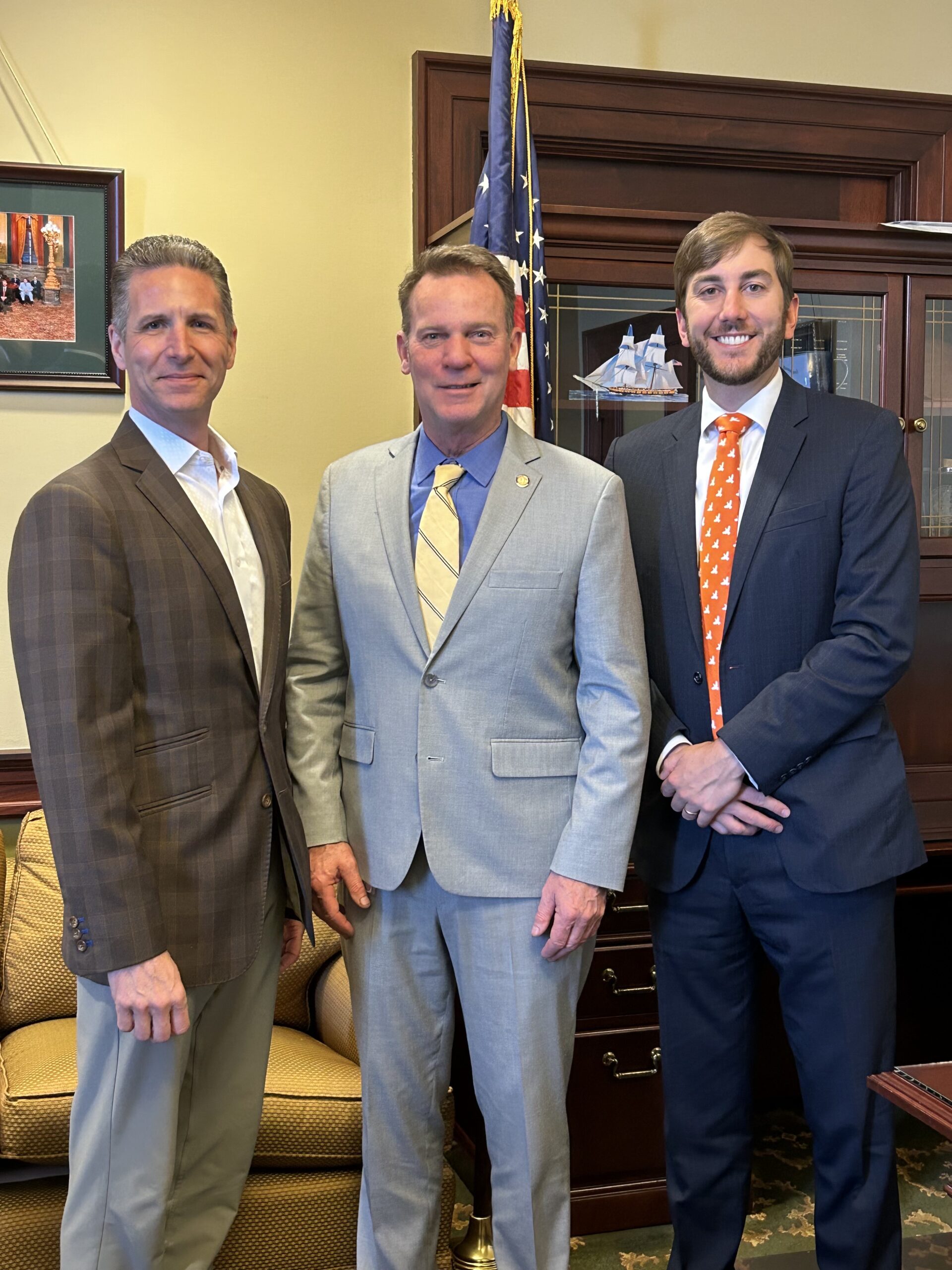In recent years, legislation to ban lead ammo has seen increased attention in state capitols across the country. Typically pushed by anti-hunting advocates, bills like these can drastically alter hunting and with it, wildlife conservation funding.
Last week, Minnesota Representative Kelly Morrison introduced House Bill 2556, legislation that will ban the use or possession of lead ammunition when hunting with firearms in the state. The legislation will also direct the Commissioner of the Minnesota Department of Natural Resources to establish a program to buy-back and/or allow hunters to exchange ammunition for nontoxic ammunition at no cost or a reduced cost. Hunters who are in a violation of this bill will be subject to a $500 fine for the first offense, and a fine of at least $1000 but no more than $5000 for each recurring offense. The bill has been referred to the House Committee on Environment and Natural Resources Finance and Policy where it awaits a scheduled hearing.
In New York, two bills are currently working their way through the legislative process containing lead ammo bans. Assembly Bill 5728 will restrict the use of lead ammunition that contains one or more percent of lead by weight on wildlife management areas, state forests, forest preserves, state parks or any other state-owned land that is open for hunting, while Assembly Bill 3614 calls for a ban on any toxic ammunition, stating that wildlife “shall be taken using only federally approved nontoxic ammunition”.
Non-lead ammunition alternatives are more expensive and harder to find, potentially pricing out some hunters who already cannot find ammo in stores. With ammunition manufacturers struggling to meet the current demand for traditional ammunition, they do not have the capacity to increase production for non-lead ammunition – creating another layer in the ammo shortage.
A decrease in the purchase of traditional ammunition has the potential to adversely affect conservation funding in both states. Hunters are the largest supporters of conservation through excise taxes levied on ammunition, firearms, and hunting equipment by the Pittman-Robertson Act of 1937, which has generated more than $12 billion in funding for wildlife conservation programs.
It is not just state legislatures who have considered lead ammo bans. In 2012, anti-hunting organizations sued the United States Forest Service for allowing the use of lead ammunition for hunting on the Kaibab National Forest which they alleged was a violation of the federal Resource Conservation and Recovery Act. Safari Club International immediately intervened in the case along with the National Rifle Association.
On April 1st of this year, a federal judge in Arizona sided with Safari Club International and held that hunters’ use of traditional ammo does not violate federal environmental law. Banning lead bullets is not an easy solution unless the end game is eliminating hunting with guns, and the point of that would be to undermine the Second Amendment. Education, not bans, is the most appropriate way to deal with lead ammunition regulations. Any new regulations that restrict use of lead ammunition should include multi-year phase-in periods to allow industry, retailers, and hunters and anglers necessary time to transition and phase-in non-lead substitutes.
Safari Club International will continue to stay involved in monitoring lead ammunition restrictions and regulations. Sign up for our Hunter Advocacy Action Center to stay up to date on legislation impacting hunting and lead ammunition regulations around the country!




